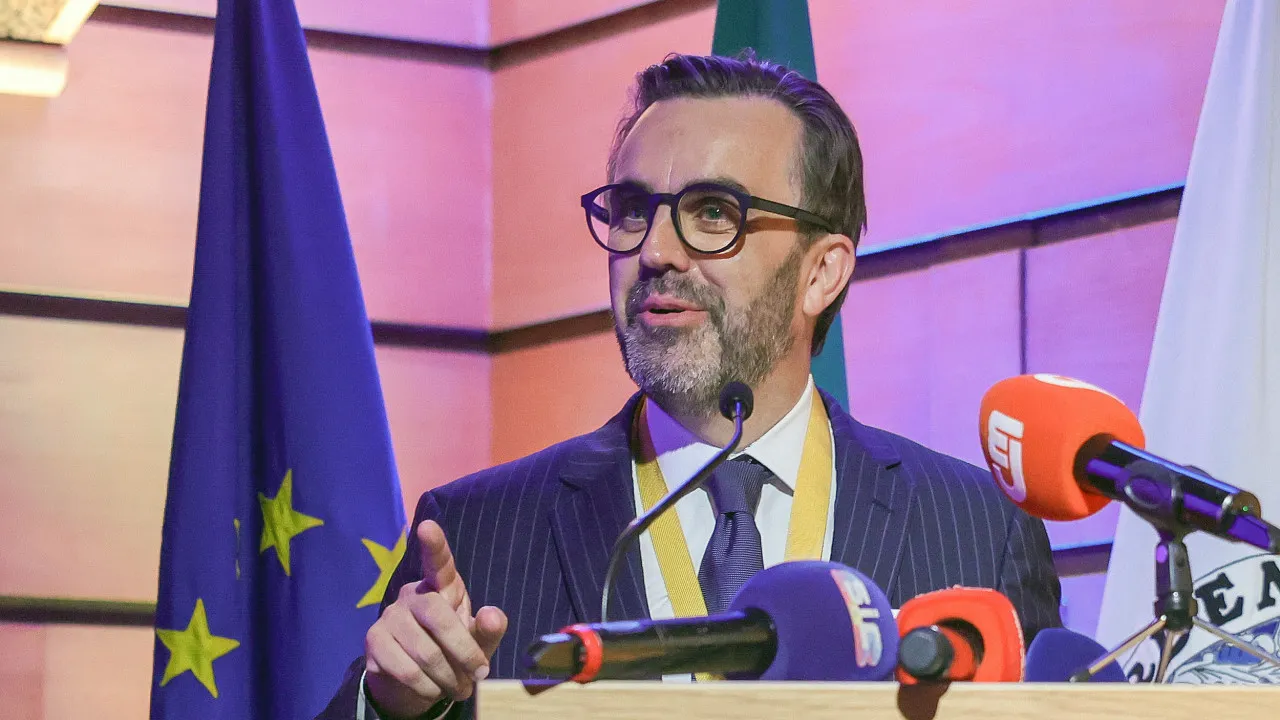
“Things are not going well. The National Health Service (SNS) is facing difficulties. And when the SNS reaches this critical level of difficulty, what is required is, first of all, to find solutions,” stated Carlos Cortes.
The head spoke to journalists after meeting with the president of the local health unit’s administration (ULS) Santa Maria, Carlos Martins, at the hospital’s facilities in Lisbon, and visiting the respective Dermatology and Orthopedics services.
“Solutions alone are not enough. Courage is needed to implement them. In my view, the situation today is at a red-line level,” he emphasized.
Speaking to journalists, Carlos Cortes expressed concern that in the future, “more and more dramatic situations” would occur if there isn’t an “effective, swift, and courageous” intervention from the Government.
“I am already a bit tired, and I believe all Portuguese people are tired of hearing about solutions. They are important, but what is truly important is to implement them, to execute them, so that things can change,” he asserted.
The official also urged the Executive Directorate of the SNS (DE-SNS) to fulfill “its role of coordination and articulation” of the SNS.
“I believe the creation of the DE-SNS was to coordinate the SNS. In fact, the initial designation of the SNS CEO was somewhat lost. That designation disappeared, and I would like the Executive Directorate to effectively fulfill that role, which is absolutely strategic for the country: coordination within the SNS,” he mentioned.
The head considered that the DE-SNS “should do its work in a very different way” and that it is crucial “to have the appropriate tools to help resolve these situations.”
Carlos Cortes noted that the SNS must have a “competitive capacity” and know “how to attract the available doctors.”
“We are in 2025, not in 1979, when [the SNS] was created, when the health response in Portugal was the SNS and there was little around it. Today there is competition. There is competition from the private sector. There is also competition from abroad, which comes to Portugal to recruit doctors for their health systems, for their private and public hospitals,” he observed.




